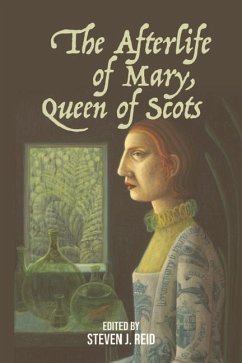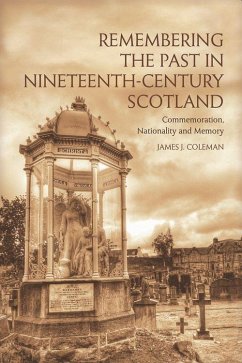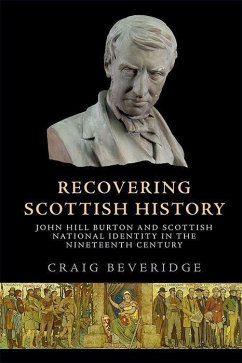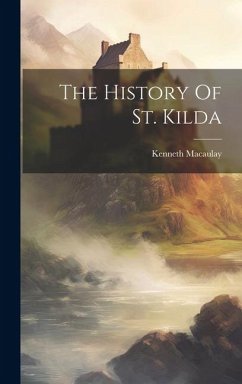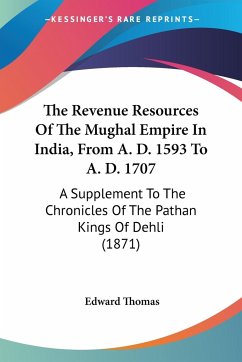Nicht lieferbar

Scotland and the Union 1707-2007
Versandkostenfrei!
Nicht lieferbar
This Volume Covers a three-hundred-year span. It addresses main issues, including the historiographical debate on the origins of 1707; responses to the Union in the 18th century; acceptance and longevity of the Union; and the rise of Scottish nationalism; and where the Union stands today.
This study looks at the epistemological significance of maternity in early modern England. It reaches beyond the domestic sphere of the rituals of childbirth, midwifery and wet-nursing and the dominant male discourses articulate in early conduct manuals, sermons and obstetrical tracts. In this book maternity is put centre stage relation to the work of Shakespeare. Exploring 'anatomy' in Hamlet, 'natural history' in The Tempest, 'demonology' in Macbeth, and 'heraldry' in Antony and Cleopatra, this book reveals the ways in which the maternal body was figured in, and in turn contributed towards the re-conceptualisation of, bodies of knowledge. The relevance of the maternal to early intellectual, aesthetic, and scientific disciplines, Laoutaris argues, makes itself felt when crises overturn the desired outcomes of birth and nurture. Instances of tragic intervention - such as disease, bewitchment, monstrosity, and death - expose the potentially destabilising power of maternity, dismantling the epistemological certainties with which the maternal body had been invested in the interests of masculine legitimation. Shakespeare resists a monolithic concept of motherhood, presenting instead a range of contested 'maternities' which challenge those disciplines whose distinctive 'ways of knowing' authorised a view of creation which was exclusively patriarchal. Key Features *Provides a new interpretation of a subject which is becoming increasingly popular among Shakespeare scholars, cultural and medical historians, and feminist critics. *Focuses on four of Shakespeare's best-loved plays ( Hamlet, The Tempest, Macbeth, Antony and Cleopatra). *Presents striking visual material which forms a central component of the book's critical methodology. *Offers an interdisciplinary approach to the study of maternity, encompassing research methods drawn from a range of academic disciplines, including literary studies, gender studies, the history of art, archaeology, and the history of the sciences.






